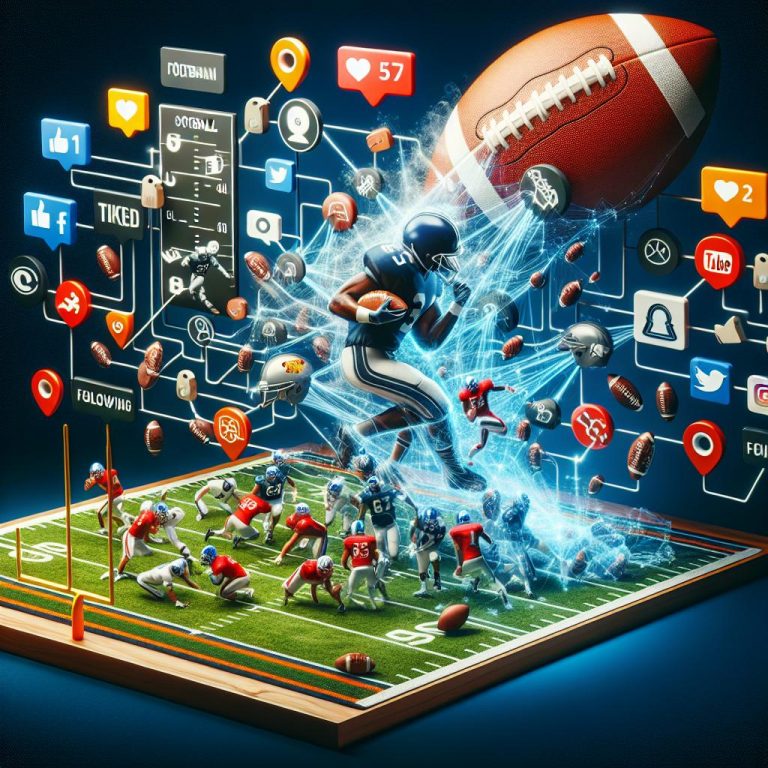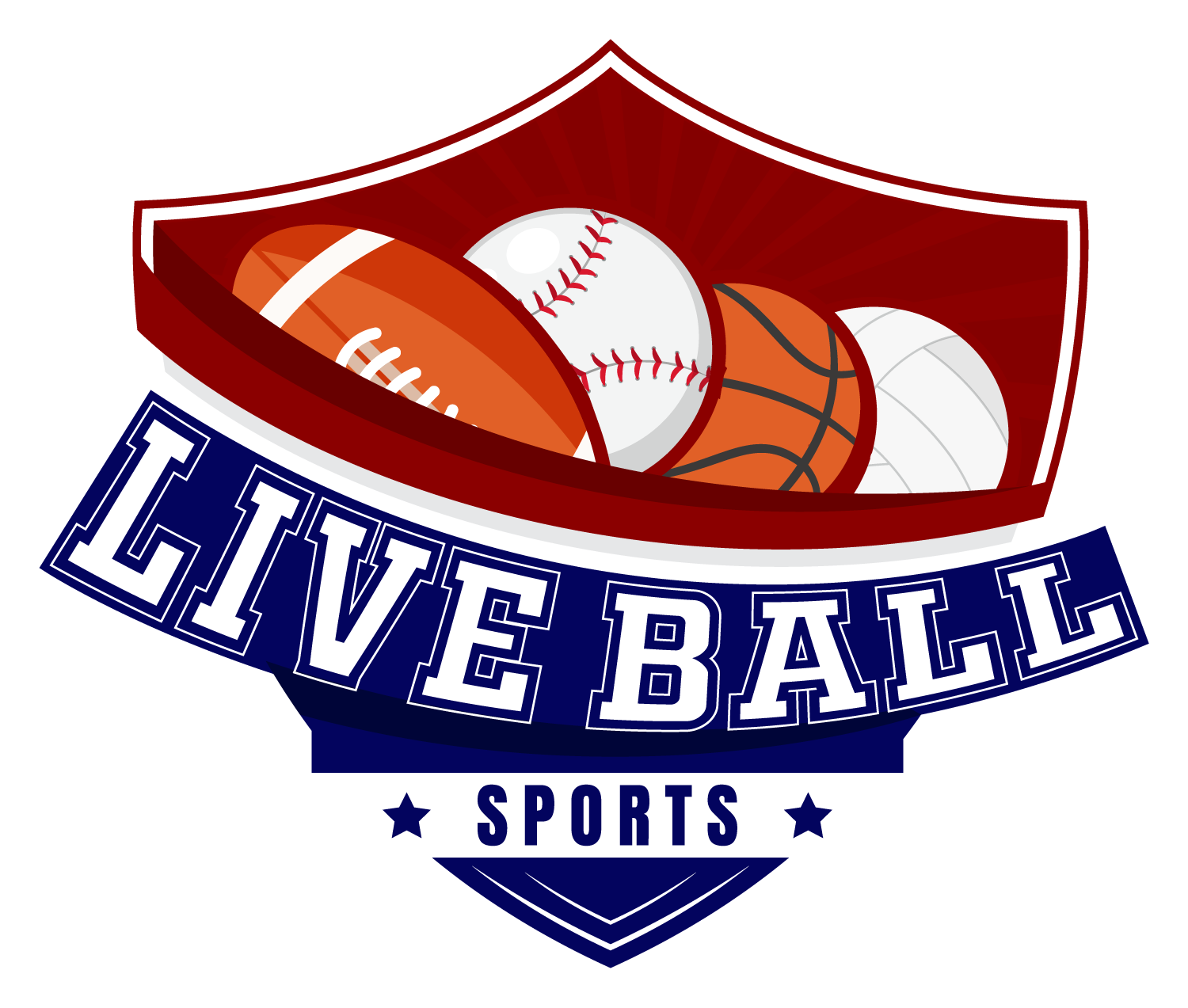COLUMBIA, S.C. — A recent NCAA study has shed light on the alarming issue of social media abuse directed at athletes, coaches, and officials during championship events. This pilot study revealed that nearly one in five posts flagged by an AI-based algorithm were found to be abusive, a concerning statistic that highlights the darker side of college athletics.
The report, released Thursday, analyzed over 72,000 messages related to championship events across six major sports: baseball, basketball, gymnastics, football, softball, and volleyball. The findings showed that approximately 80% of the abusive messages were aimed at March Madness athletes, with female basketball players suffering significantly more than their male counterparts.
Sexual harassment made up nearly 20% of all flagged posts, while 12% were associated with sports betting, indicating a troubling trend. The study found a shocking example of one athlete who received over 1,400 harassing messages within just two weeks. According to the NCAA, the risks and mental health challenges that come with this online abuse can have lasting effects on players, officials, and their families.
The study also revealed that about 10% of the abusive messages contained racial comments, with particular focus on NCAA basketball tournaments. The NCAA highlighted instances of “toxic online fans” resorting to racial mockery, labeling female players with derogatory terms. It noted that both women’s basketball and volleyball events saw concerning levels of abuse.
The NCAA utilized Signify Group’s AI Threat Matrix to monitor online interactions, categorizing over 5,000 abusive messages into various types, including violence, homophobia, and doping allegations. Notably, college football and men’s basketball tournaments also received a high volume of violent and threatening content.
NCAA President Charlie Baker emphasized the need for action, stating, “We will exhaust all options to reduce the harassment and vitriol student-athletes are experiencing too often today.” As the conversation surrounding mental health and online abuse grows, the NCAA’s findings serve as a vital reminder of the real impact social media can have on the lives of young athletes.



